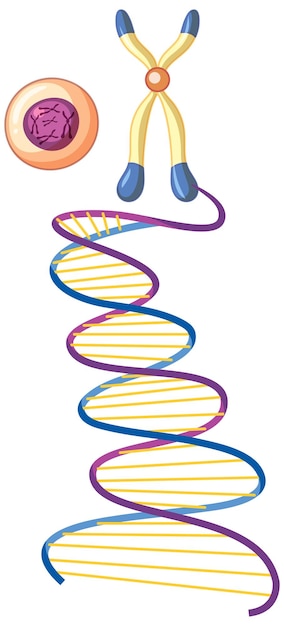Telomere Extension: Is It Possible?
Studies indicate that leading a healthy lifestyle and reducing stress can significantly impact telomere length, potentially extending lifespan. Researchers at the Stanford University School of Medicine have recently discovered a new method to rapidly increase telomere length in the lab.
When scientists applied this technique to cells, they observed that the treated cells behaved as if they were much younger compared to untreated cells. These treated cells multiplied up to 40 times more rapidly, essentially reversing the aging process in cultured cells. By increasing the number of cell divisions, this procedure mimics turning back the biological clock.
However, this effect is temporary. After 48 hours, the telomeres resume their regular shortening as the cells continue to divide. Importantly, this temporary aspect is crucial for the technique’s potential success in humans, since endlessly dividing cells could pose a cancer risk.
This discovery holds numerous potential benefits for humans, especially in treating and preventing aging-related diseases and other conditions linked to telomere shortening. By advancing telomere extension therapies, scientists could enhance existing cell therapies and potentially treat aging-related conditions like heart disease and diabetes. It could also target specific muscle cells, offering hope for conditions like muscular dystrophy. Moreover, this technique may increase the availability of cells for research, including disease modeling and drug testing.
Ways You Can Protect Telomeres
Currently, researchers are testing this procedure on various cell types. By understanding and addressing the differences among these cells, they hope to make the technique more widely applicable. In the meantime, there are steps you can take to protect your telomeres from premature shortening. These include eating a diet rich in antioxidants, reducing stress, exercising regularly, boosting vitamin D production, and improving sleep quality. Some research even suggests that tea drinkers have longer telomeres compared to non-tea drinkers.

